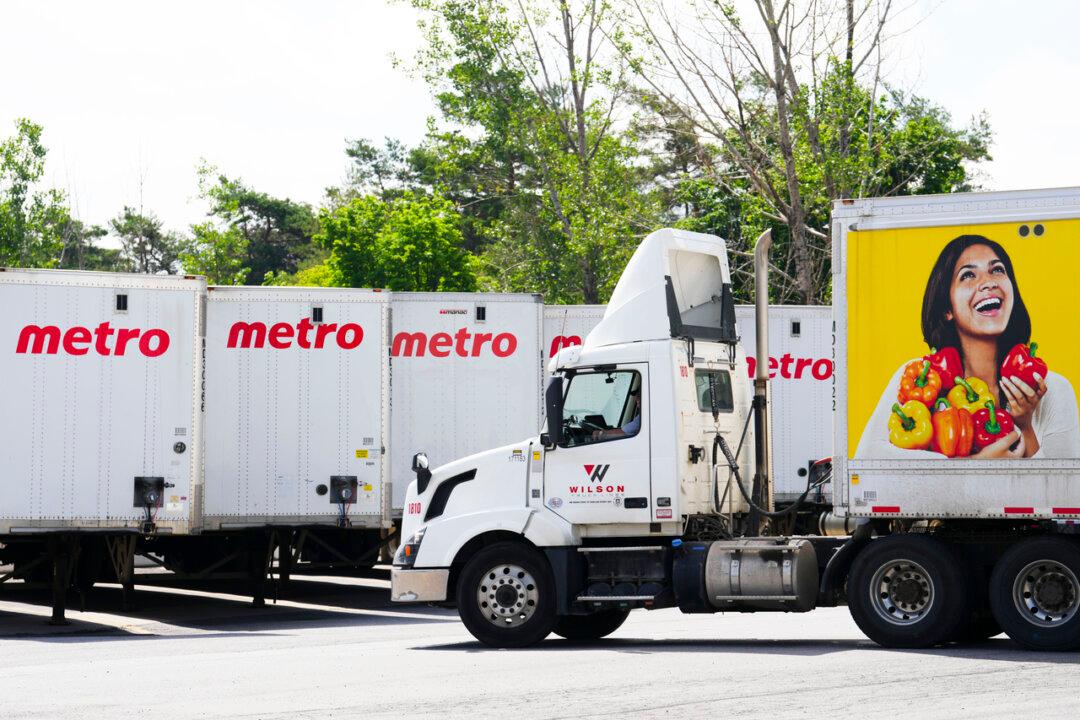As food affordability remains a key concern in Canada, a newly released study says the impact of carbon taxes on food prices needs more scrutiny.
The issue of whether the federal carbon tax, or fuel charge, is impacting Canadians’ pockets has been hotly debated by politicians in Ottawa.





